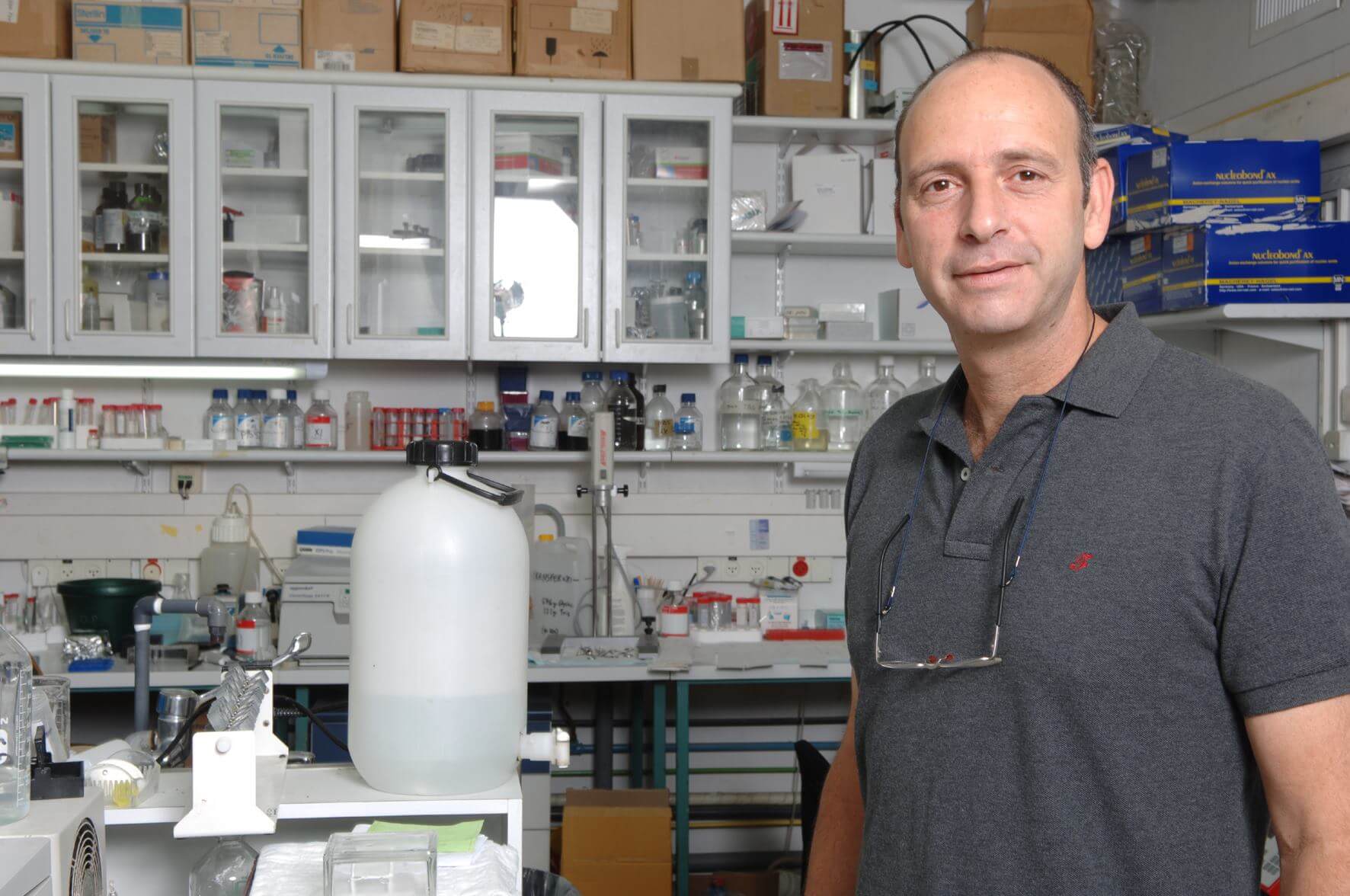Elior Peles, respected researcher, teacher, and author, was one of the early Members of the Genesis Business Humanity Club and is a perfect example of what makes our global group different and effective.
As founder and leader of the Peles Lab at the Weizmann Institute of Science in Israel, Elior received his BSc and MSc degrees in biology from the Hebrew University of Jerusalem. After completing his studies towards a PhD in biochemistry at the Weizmann Institute of Science, Elior moved to California to take a Group Leader position at Sugen Inc. in California.
Sugen went public in October 1994, and in 1997 filed its first Investigational New Drug (IND) application, for a PDGFR inhibitor. SU5416 (Semaxanib) and SU6668 went into clinical trials for colon cancer in 1999. SU5416 proceeded to Phase 3 trials, while the follow-on compound, SU11248 (Sunitinib) was later approved for human use, and a related compound SU11654 (Toceranib) was approved for canine tumors.
Sugen was acquired by Pharmacia & Upjohn in 1999 in a stock swap valued at $650 million, and in December 1999, Pharmacia & Upjohn merged with Monsanto. The company was renamed Pharmacia in 2002. Pharmacia was then acquired by Pfizer in April 2003.
In 1997, Elior returned to the Department of Molecular Cell Biology at the Weizmann Institute of Science. He headed this department from 2010-2014 and served as the Dean of the Faculty of Biology from 2014-2021.
He is the incumbent of the Hanna Hertz Professorial Chair for Multiple Sclerosis and Neuroscience. His lab studies the molecular mechanisms underlying axon-glia interactions and myelination by Schwann cells and oligodendrocytes.
The Peles Lab today is continuing research on Myelin, an insulating membrane sheath produced by specialized glial cells; Schwann cells in the peripheral nervous system (PNS) and oligodendrocytes in the central nervous system (CNS). It enables fast and efficient nerve conduction and provides essential trophic support to maintain axonal integrity and survival.
Destruction of myelin leads to several neurological diseases such as multiple sclerosis and is also associated with psychiatric and neurodegenerative disorders. Our lab combines molecular, biochemical, and advanced light and electron microscopy techniques to study the various aspects of myelinating glial cells and the mechanisms that enable them to form one of the most complex structures found in nature.
Three projects include:
Axon-glia Communication
The formation and maintenance of myelinated nerve fibers requires reciprocal communication between Schwann cells or oligodendrocytes with their associated axons. We are using various molecular approaches to identify the axonal signals that enable Schwann cells and oligodendrocytes to ensheath the axons they contact and to myelinate them.
PNS and CNS myelination
Myelinating glia undergo dramatic morphological changes to generate large, specialized membrane extensions that warp around the axon. These substantial morphological changes require extensive reorganization of the cytoskeleton. We are studying the role of cytoskeletal adaptor proteins which link extracellular signals to the intracellular machinery that controls myelin formation.
Organization of myelinated axons
The physiology of myelinated nerves depends on the organization of the axonal membrane into distinct domains which contain different ion channels. This exquisite molecular organization of the axon is controlled by the overlying Schwann cells or oligodendrocyes. We are using different molecular and genetic approaches to reveal how myelinating glia shapes the membrane of the axons they wrap.
The Weizmann Institute of Science is one of the world’s leading multidisciplinary basic research institutions in the natural and exact sciences. It is in Rehovot, Israel, just south of Tel Aviv. It was initially established as the Daniel Sieff Institute in 1934, by Israel and Rebecca Sieff of London in memory of their son Daniel. In 1949, it was renamed for Dr. Chaim Weizmann, the first President of the State of Israel, and Founder of the Institute.
When Elior is not researching, teaching, traveling, or participating in Genesis Club initiatives, Ori (as he is also known) is an enthusiastic triathlete, so outside of the lab you can often find him swimming, cycling, and running.
We are honored to have Professor Peles as a Member of the Club, especially given to his devotion to discovering and developing cellular-biology-based technologies that reduce suffering, and improve lives.







